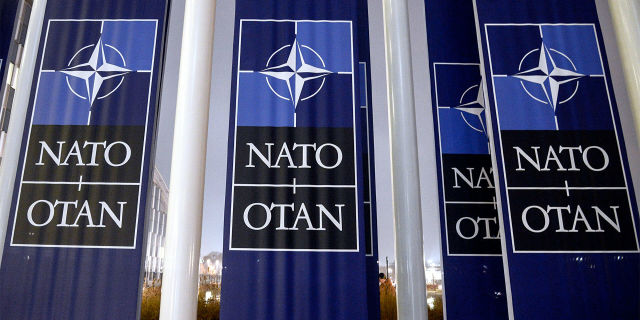The birth of Northern NATO?
The foreign policy of Finland and Sweden is undergoing major changes, writes The Spectator. Despite the long-established traditions of non-alignment with the blocs, the prime ministers of the two countries recently almost announced their desire to join NATO. Meanwhile, not everyone agrees to such a step.
Fredrik Erixon
Finland and Sweden refuse to be neutral.
In the last six weeks, the security policy of Finland and Sweden has undergone more changes than in the last 60 years. The two countries work together in many ways. During the Cold War, they maintained military neutrality, but their defense cooperation deepened after the annexation of Crimea to Russia in 2014. Now both countries are about to end the long history of non-alignment with the blocs. In the next two months, they will probably apply to join NATO.
This week, during a press conference in Stockholm, the prime ministers of the two countries, Sanna Marin and Magdalena Andersson, almost admitted that they wanted to join the Western military alliance. Such statements should not be underestimated. Sweden has been neutral since the Napoleonic Wars, and was proud of not joining the bloc. Finland has a difficult situation, including due to its geographical location. It gained independence from Russia in 1917 and after the war with the USSR in 1939-1940, the state was practically forced to isolate itself. Thus, Sweden and Finland have traditionally sought a middle way between Russia and the West. The leaders of these two countries will have to convince their parliamentarians that it is time to put this long story behind them.
The Finns are already halfway there. More than two thirds of voters are in favor of joining the military bloc, so Finland's membership in NATO has strong support. A recent parliamentary poll showed that only six out of 200 members of Parliament oppose joining NATO. Marin recently announced the government's estimates of the costs and benefits of joining, and it is obvious what conclusions they have drawn from this. After the start of a large-scale Russian operation in Ukraine in February, the benefits of NATO's accession became much greater. Staying alone has become more expensive. Russia may not pose an immediate threat to Finland's security, in any case, with this country's membership in NATO, the Kremlin will have less desire to get involved with the Finns.
The Swedes came to the same conclusions. But they have even more reasons to join, because before launching an offensive against the Baltic states, Russia is likely to seize the Swedish island of Gotland in the Baltic Sea, in order to close the airspace for NATO aviation. But the reaction of Magdalena Andersson and her government to the new security circumstances was belated, the country is several weeks behind Finland. Unlike Finland, Sweden has difficulty arguing the pros and cons of NATO membership. The country has not fought wars since 1814, and its leaders seem to have forgotten the language of strategy.
Swedish Defense Minister Peter Hultqvist has repeatedly ruled out the possibility of joining NATO. Last year, he said that NATO membership would not be considered while he was in office. Just a month ago, Andersson also ruled out such a possibility, noting that an application to join NATO could have a destabilizing effect on Scandinavian security. She seems to have changed her mind now, but the fear of escalating tensions persists. Will Sweden's bid to join NATO provoke a harsh reaction from the Kremlin? A few days before Andersson spoke out about NATO membership, four Russian fighter jets violated Swedish airspace, flying very close to Gotland. So the fear of the Swedes that Russia can take revenge is quite real.
In fact, Sweden's membership in NATO is hindered mainly not by Vladimir Putin, but by its own nostalgia for neutrality. Magdalena Andersson's party, the Social Democrats, is split. One wing of the NATO party has goosebumps on its back. They contain the usual anti—Americanism and the desire to restore the foreign policy of Olof Palme, a favorite of the third world countries, who opposed nuclear weapons and imperialism and was in power in Sweden in the 1970s and 1980s. Along with the German Willy Brandt and the Austrian Bruno Kreisky, Palme was one of the leading figures of the Social International and tried to find a middle ground between the USSR and the West.
Echoes of the past are also heard in Finland, mainly among those who hold a grudge against Americans. But Finland is already close to making a decision to join NATO. When she does, Sweden will follow.
At the moment, while Russia is stuck in the Ukrainian conflict, an offensive against Finland and Sweden is unlikely. Both countries are capable of causing serious injury to the aggressor and will probably soon receive security guarantees from NATO. There was a lot of talk that the expansion of NATO "provokes the Russian bear." Stockholm and Helsinki don't think so.

